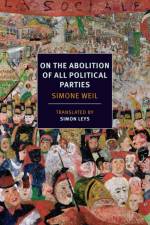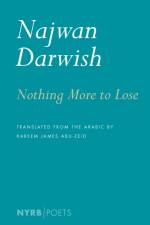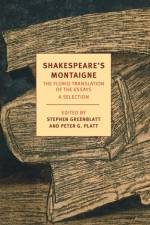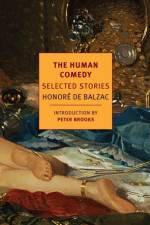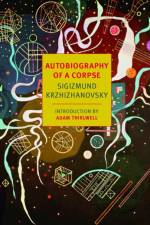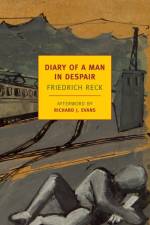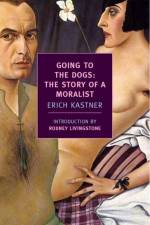av Honore De Balzac
199
An NYRB Classics OriginalCharacters from every corner of society and all walks of life-lords and ladies, businessmen and military men, poor clerks, unforgiving moneylenders, aspiring politicians, artists, actresses, swindlers, misers, parasites, sexual adventurers, crackpots, and more-move through the pages of The Human Comedy, Balzac's multivolume magnum opus, an interlinked chronicle of modernity in all its splendor and squalor. The Human Comedy includes the great roomy novels that have exercised such a sway over Balzac's many literary inheritors, from Dostoyevsky and Henry James to Marcel Proust; it also contains an array of short fictions in which Balzac is at his most concentrated and forceful. Nine of these, all newly translated, appear in this volume, and together they provide an unequaled overview of a great writer's obsessions and art. Here are "The Duchesse de Langeais," "A Passion in the Desert," and "Sarrasine"; tales of madness, illicit passion, ill-gotten gains, and crime. What unifies them, Peter Brooks points out in his introduction, is an incomparable storyteller's fascination with the power of storytelling, while throughout we also detect what Proust so admired: the "mysterious circulation of blood and desire."

